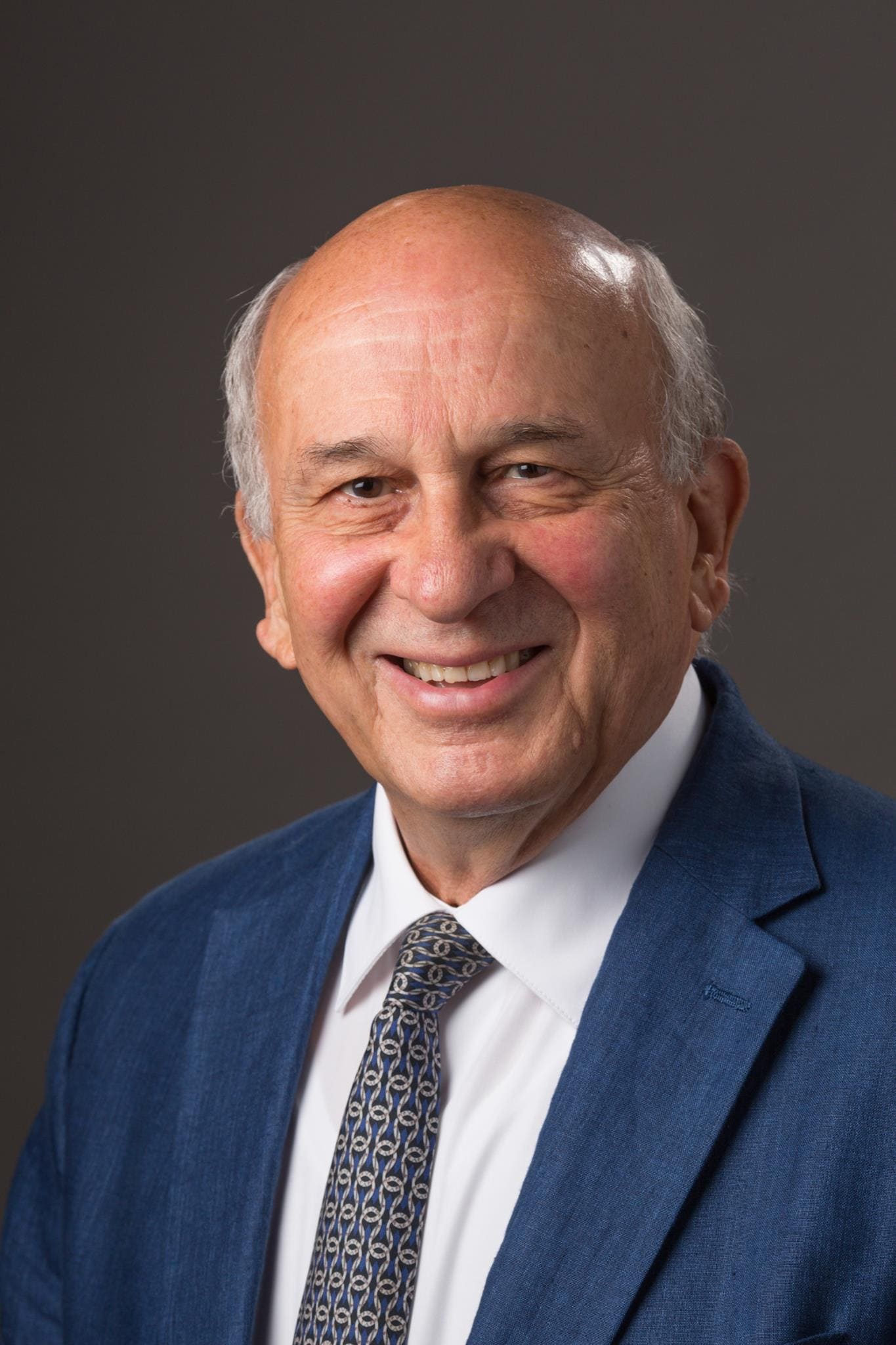
Courtesy of Yale Medicine
On April 11, the Connecticut Academy of Science and Engineering announced that Yale School of Medicine professor Pasko Rakic has been selected as the 2019 recipient of the Connecticut Medal of Science.
Modeled on the National Medal of Science, the medal is the state’s highest honor for scientific achievement. According to the official statement released by the Academy, Rakic was selected “for his contributions as a transformative neuroscientist credited with establishing fundamental molecular and cellular mechanisms for the development of the cerebral cortex.”
Rakic, who came to Yale in 1978, founded the School of Medicine’s neuroscience department and served as its chair for 37 years — the longest any department chair has held their position in Yale history. Rakic’s research laid the groundwork for the current model for cerebral cortex development, has spurred generations of neuroscience research and has created the foundation for studies of neurological and psychiatric disorders, according to the current psychiatry chair John Krystal MED ’84, who co-nominated Rakic for the award.
“Until Dr. Rakic, we had very rudimentary ideas about how the cerebral cortex developed.” Krystal said. “Painstakingly, often involving projects that lasted several years, Dr. Rakic and his colleagues mapped cellular processes and identified underpinning molecular mechanisms involved in the development of the cerebral cortex … For these contributions, Dr. Rakic has received nearly every major honor in the field of neuroscience.”
University of Pittsburgh psychiatry chair David Lewis, among one of the individuals to recommend Rakic for the medal, said that his own research has been “heavily informed and influenced” by Rakic’s work, which “led the field for decades.”
“[Rakic] has created absolutely seminal findings that have not only told us how the cerebral cortex is assembled to do its normal functions, but how its assembly, structure and connectivity may be altered in states of dysfunction like psychiatric disorders,” he said.
Lewis, who researches schizophrenia, explained that Rakic’s studies on synaptic development motivated researchers to search for when they become altered in schizophrenic patients.
Krystal noted that Rakic’s trainees have emerged as pioneering scientists and continue to advance the field.
“We have very good people — students here. You cannot do without students,” Rakic said. “I really appreciate them.”
According to Richard Strauss, the executive director of the Connecticut Academy of Science and Engineering, Rakic was selected from five nominees in a “competitive multistep process.” Consideration for the medal requires a nominator, as well as three recommenders from outside of the nominee’s home institution.
The Medal of Science and the Medal of Technology are awarded in alternate years. This year’s committee was chaired by Yale physics professor Robert Schoelkopf, who received the medal in 2017. Strauss added that the academy will offer Rakic the chairman position for the next selection committee in 2021.
“I was actually surprised when they called me from the governor’s office.” Rakic said, “And I was pleased. And I saw that other people who have gotten it were very successful — so it’s an honor.”
Amy Arnsten, a School of Medicine professor of neuroscience and psychology who co-nominated Rakic with Krystal, said that Rakic used his artistic abilities to communicate his discoveries to fellow scientists. For Rakic, who painted in his youth and drew cartoons for a newspaper during medical school, having the freedom to pursue his research interests is similar to being an artist.
“[Rakic’s trainees] have to work extremely hard to keep up with Dr. Rakic, who, at 85, maintains a busy laboratory,” Krystal said.
After stepping down as chair, Rakic has more time to devote to his research. Currently, his lab is studying how genes affect the development of the human brain.
“Now, very advanced techniques exist that didn’t exist at the time when I entered the field,” Rakic said. “We want to see how [the cerebral cortex] develops.”
Rakic will accept the award at the 44th annual meeting and dinner of the Connecticut Academy of Science and Engineering on May 28.
Carrie Zhou | pinyi.zhou@yale.edu







